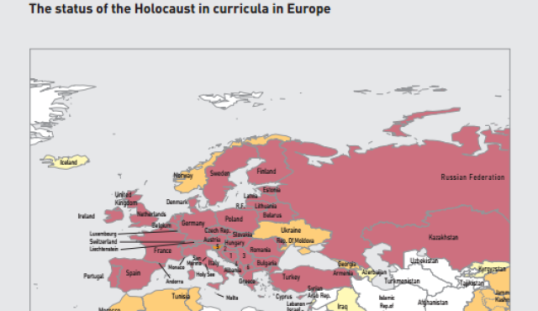An open letter to Telkom
This should really have been sent as an e-mail to Telkom, but Telkom play “hard to get” with their subscribers (or “customers” as they like to call them in these days of neoliberalism) and the e-mail address they give on their web site is invalid.
It is also an instance of the kind of occasion in which e-mail is a better form of communication than a voice phone call — see Millennials hate phone calls — and they have a point, so in what follows I shall try to point out why that is so, and some other more general observations which I would not normally include in an e-mail to Telkom, but which the people at Telkom probably ought to know.
Telkom provide us with a fixed line voice phone service, which also includes ADSL for linking to the Internet, and Telkom is also our ISP, so we use their services for e-mail, the Web and other Internet services. We recently signed a new contract with Telkom for a higher-speed connection by fibre-optic cable when the physical infrastructure becomes available (they are still digging trenches for the cables in our neighbourhood).
On Tuesday 3rd September I could not access my e-mail. I reported this to Telkom by e-mail to support@telkomsa.net, and included a copy of the error message I received when I tried to download e-mail:
02:00:52.125: >> +OK
<< 0015 PASS XXXXXXXX
02:00:55.203: >>
-ERR login failed
The aim of this was to give them specific information to help them to detect and fix the problem.
 There was no response from Telkom, and I repeated the fault report the following day. I tested and found that outgoing e-mail was working, it was just incoming pop3 mail I could not get.
There was no response from Telkom, and I repeated the fault report the following day. I tested and found that outgoing e-mail was working, it was just incoming pop3 mail I could not get.
The next day, the entire ADSL system stopped working. Not only could I not download e-mail, I couldn’t conntect to the web, or send e-mail.
At that point, I used Telkom’s SMS reporting system to report the fault, which is not specific, and only allows vague specification of the fault. I indicated that the voice service was working, but ADSL was not.
On 7 September I got an SMS from Telkom saying fault Ref 2991487 has been restored.
I tested it, and it had not been restored, so I reported it to them again.
7 Sep 2019 06:28 AM — received another SMS from Telkom giving new reference 2992412.
On 11 September there was still no Internet service.
On 12 September a technician arrived, sent by Telkom.
Before he had even looked at any equpment, he asked how old our contract was, and then said that the problem was our ADSL modem, because the contract was more than two years old. After your contract is 2 years old, he siad, you must get a new modem.
He then connected his modem, and it didn’t work either. It looked considerably older than ours, so why didn’t he have a new one, I wondered.
He then phoned someone, and asked them to reset the ADSL password. After that, he entered the new password in his modem, and it connected to ADSL. He then tried to fiddle with my e-mail program, but was obviusly totally unfamiliar with it, and got frustrated, took his modem and left. I asked him to stay long enough to see if our modem would work with the new password, but he would not. Fortunately I had written it down, or he would have just taken it off with his modem.
When he had gone, I entered the new password in our modem, and it worked, in spite of the contract being more than two years old.
But e-mail still did not work.
Eventually, two days later, I managed to phone through to a human being at Telkom after several attempts at pushing numbers on an SMS to try to let them know that the technician they had sent had failed to fix the problem.
The human reset my e-mail password, and then I was able to download my e-mail, but all e-mail between 3rd September and 11th September had been lost.
The next thing was that we were billed for an unnecessary call-out for the incompetent technician who had come and failed to fix the problem. We went to the nearest Telkom office with the bill to query it. But all they did was press a button so that someone would call on a cell phone.
Eventually, after waiting half a day for a call that never came we tried again an managed after several attempts to get through to a human being. And I tried to explain all that is written above, which the person at the other end was trying to type out as I spoke, and I wondered what sort of garbled version was getting written there.
Meanwhile, if Telkom had responded to my first e-mail, which had a detailed description of the problem, they could have reset my e-mail password within 10 minutes, without, on their own initiative, not at my request,unnecessarily sending an incompetent and rude technican, and then wanting to charge for an unnecessary call out.
Everyone’s time was wasted because they wanted to use voice calls or button-pushing instead of e-mail, and they are too incompetent even to put their own e-mail address correctly on their web site.
Telkom try to encourage people to use the debit order system, but when they add contestable items like “unnecessary call outs” to the bill one can hardly trust them enough for that. And when they threaten their subscribers with dire action for unpaid bills that the subscribers have not yet received, no wonder people are looking for other service providers than Telkom.










